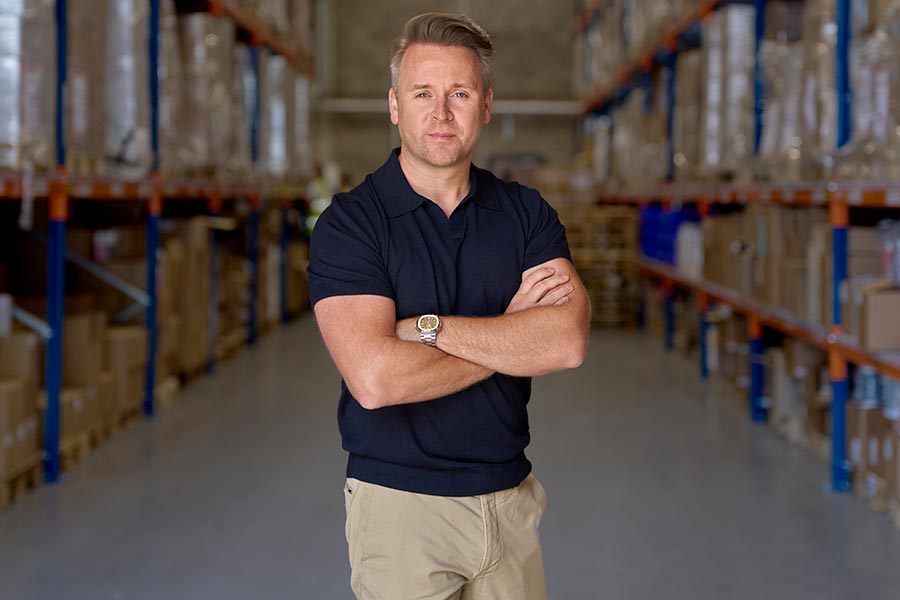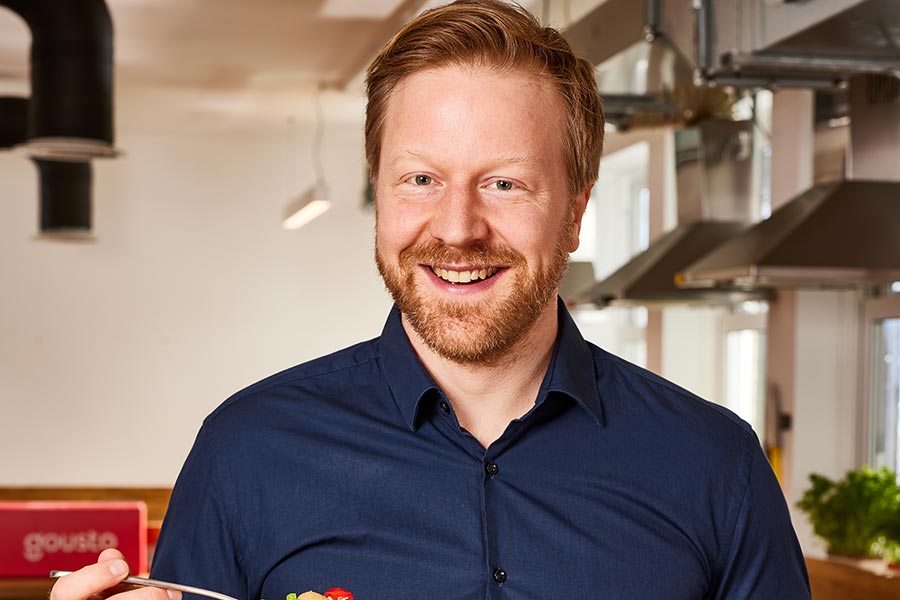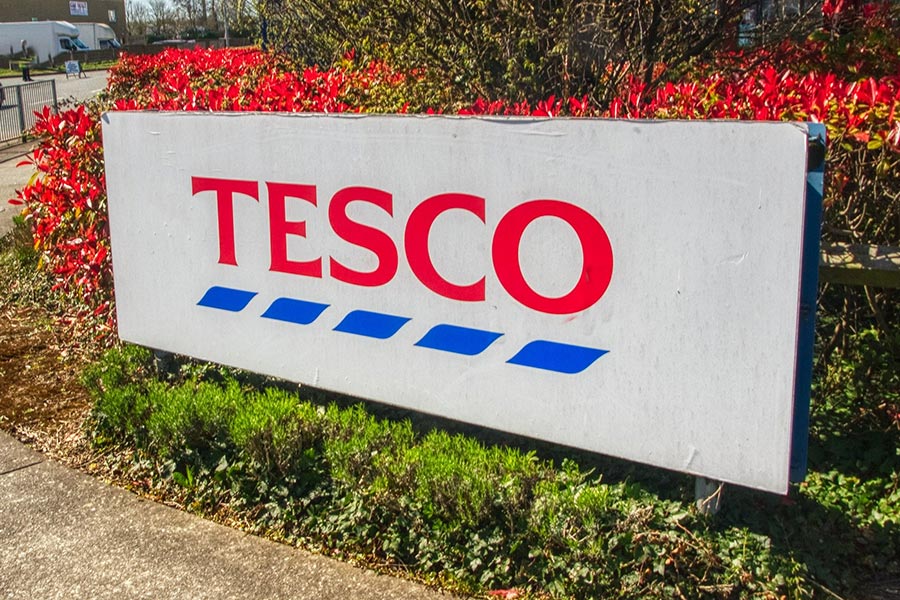Despite the constant threat posed by global warming, decarbonising business has the potential to become a box-ticking exercise. Michelle You, CEO of ClimateTech platform Supercritical, has been more forthright than most in confronting the failures of corporations, and the companies they consult, in reducing their carbon footprint.
In the past she has described carbon offsets, whereby companies pay other companies not to emit to compensate for their own pollution, as "ineffective" and "fraudulent" and said that corporate sustainability programmes do "more harm than good."
You, a native of the San Francisco Bay Area and Cambridge-educated Virginia Woolfe scholar now based in London, is a second-time founder, having sold Songkick to Warner Music Group in 2017 -- the app allows its 20m users to track when their favourite musicians are performing near them.
It was following the acquisition that You started learning more about climate change, around the same time that the UN Intergovernmental Panel on Climate Change (IPCC) issued its warning that the world had until 2030 to keep global warming to 1.5C and prevent climate catastrophe.
"I kind of had to learn everything from scratch and a very beginner's mindset, if you like, around climate, climate tech, and it's so broad. It ranges from everything from clean meat to nuclear," she says.
You went on to join London VC group LocalGlobe as a venture partner, making angel investments in companies with a climate focus, and learning more about the carbon offsets business in the process.
"I was just very shocked by what I found. I just felt that the whole concept of offsetting where you omit a tonne but that you can pay someone to not admit a tonne is flawed, like your tonne is still out there in the atmosphere, warming the planet," she says.
She was asked by LocalGlobe to help the firm achieve net-zero, and in attempting to do so, You found the process "extremely broken and really confusing," but Irish payments giant Stripe helped illuminate a path forward -- and the idea for Supercritical was formed.
"I didn't understand what I was supposed to do, especially as an asset like business with a VC fund. Like, I don't have a factory, what can I do, right? And when it came to the offsetting bit, again, it didn't make any sense to me. Like if I'm paying for somebody to build a renewable wind farm, how does that offset my flying emissions?" she adds.
"Around that time Stripe first announced their carbon removal purchases. So there are these early stage technologies called carbon removal. The best example is something called direct air capture, which is literally a stack of fans that absorb carbon dioxide and then sequester them underground permanently, and it takes it out of the sky.
"[The IPCC report] modelled out that in order to stay below 1.5C of warming as a planet we need to start removing 10bn tonnes of carbon dioxide from the atmosphere by 2050. And these technologies have removed a few thousand tonnes so far. So we have this incredible scaling challenge of thousands to billions, and we have a decade to get there really.
"I think Stripe did a lot of incredible work there. They were one of the first buyers of carbon removal, and they made a very public campaign around [the fact that they're] not buying offsets anymore, and I believe that the only way to offset your footprint is to remove the amount of carbon that you've admitted, and that that logic is quite clear, but it's also the only way as a corporate or business you can get to net zero."
You estimates that the world has lost a decade to the flawed idea of carbon offsets and failing to fully develop carbon removal technologies, which Supercritical sells to smaller technology corporations who don't have the buying power of a Stripe or Microsoft.
Carbon removal costs approximately £100-150 per tonne, or £500 per employee per year at the average tech company, compared to £5-10 per tonne for the average carbon offset.
Supercritical sells a range of carbon removal services to clients, and more are being developed all the time, but the main four are biochar, bio-oil sequestration, enhanced weathering, and direct air capture
Biochar involves turning waste biomass into a charcoal-like substance called biochar that stores carbon and doesn't decompose for thousands of years, while bio-oil sequestration turns biomass into oil that can be injected back underground.

Enhanced weathering compresses rocks to increase their surface area and accelerate carbon absorption, and direct air capture involves stacks of fans absorbing carbon dioxide, again to be stored underground.
Using its full-stack net-zero software platform, Supercritical measures clients' carbon footprint from their accounting, travel and cloud data as well as oft-excluded, indirect Scope 3 emissions ("You need to step on the scale before you know what to do about it.")
"We give you your footprint, demystify it, and give you recommendations for actions you can take to reduce," she says, giving examples of prohibiting business class flights, contributing to a pension fund that doesn't invest in oil and gas companies, and reducing online advertising spend.
Supercritical also has a team of scientists to vet every provider of carbon removal services due to the high level of fraud in the conventional offsets market and mistrust of third-party certifiers, but why should clients trust You and her company?
"We do get challenges from customers, [who say your] incentives are misaligned. Right, your incentive is to sell as many options as possible. But to me the integrity of the marketplace is so important," she says.
"Without that, we don't have a value to add to the customer so that's kind of a value in a principle that we really stand behind," she adds, comparing Supercritical to second-hand clothing sites that verify the authenticity of branded items on sale.
Perhaps surprisingly, Supercritical found that client's biggest source of emissions was employees working remotely, and heating and lighting their own leakier homes as opposed to coming into the office.
You and co-founder Aaron Randall started the company during lockdown last year, raising £2m in a pre-seed funding round, a further £1.25m this year. They will be fundraising in the near future, and as a venture-backed start-up rapid growth, moving into other sectors and the tonnes removed KPI are the focus, not profitability.
Clients include Accurx, Ezoic, Tide, Zero and Wolf & Badger, and the company charges an annual fee to measure carbon footprint in addition to taking a commission on carbon removal services it sells.
You is in Dublin for the SaaStock conference, and with so many giants of Silicon Valley basing their EMEA operations in the capital, its reasonable to wonder if she had courted big tech on her visit, but she says Europe's "mature" regulatory regime creates more demand among European companies than those in the US.
Ultimately, the goal is to aim to assist in the effort to scale carbon removal 20,000-times over the next 30 years. For the world to achieve that target, carbon removal needs to grow at the same rate as Amazon has since its launch in 1996, according to You.
"We're responsible for 2% of carbon removal purchases by volume, and 29% of all the buyers carbon removal to date are Supercritical customers. We've already had incredible traction, and we're just going to ride that wave.
"Going from 500,000 to 10bn [tonnes], our ambition is to be responsible for a gigatonne, that's 1bn tonnes of carbon being removed, in the next 10 years, and we've had a really great start."
Photo: Michelle You.









